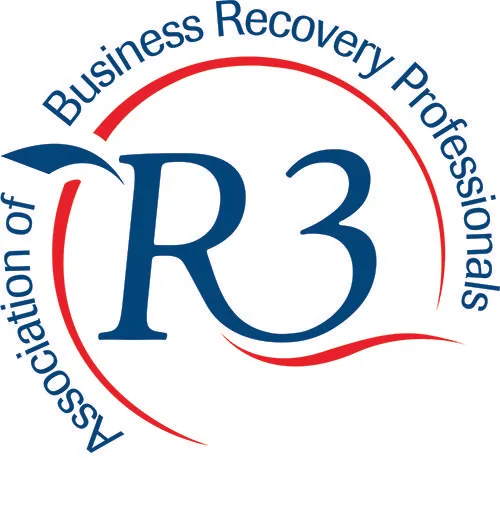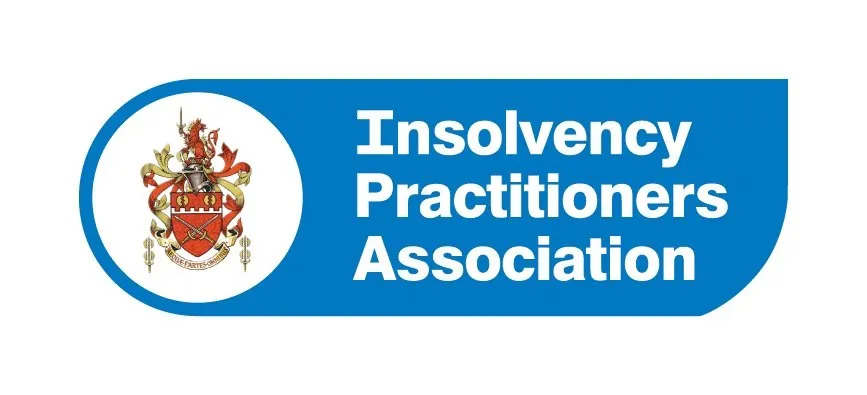INFORMAL
If your business is experiencing financial difficulty or creditor pressure, it may be possible to agree payment terms on an informal basis with your creditors. You may require some assistance to make these arrangements and the best way to approach these. Please feel free to contact M.R. Insolvency to discuss this further.
CREDITORS VOLUNTARY LIQUIDATION (“CVL”)
COMPULSORY LIQUIDATION (DIRECTOR / CREDITOR)
A compulsory liquidation can be commenced by a number of parties such as the directors of the company or a creditor who is owed more than £750. A winding up petition is presented to the company and a hearing at court made (usually between 1 and 2 months after the petition is presented). At the hearing, if the petition is uncontested, the court will grant a winding up order for the compulsory liquidation.
The Official Receiver will immediately be appointed as the Liquidator and would administer the matter including undertaking an investigation into the company and its directors conduct.
If you have received a winding up petition and are uncertain what this entails for you as a director, please give Michael Royce a call to discuss if there is any solution for your business.
MEMBERS VOLUNTARY ARRANGEMENT (“MVL”)
Need help with your debt? Call today on
07921 577752
COMPANY VOLUNTARY ARRANGEMENT (“CVA”)
A CVA is a formal agreement between the Company and its creditors. This may be appropriate when the Company is experiencing cash flow difficulties but has a viable business model. For example, the Company experiences a large bad debt which impacts on the businesses ability to meet its own liabilities, the CVA would give the company breathing space to defer the payment of its own liabilities – this may also give some agreed debt forgiveness (partial write off with the Company’s creditors agreement).
Proposals are drafted and sent to the Company creditors outlining what contributions the Company is proposing to pay over a period of time and what creditors expect to receive and when. Creditors are then asked to vote whether they accept or reject what is proposed.
If the required number of creditors accept the proposal, this will be binding on all creditors.
A CVA has advantages and disadvantages to other insolvency procedures, and a few are identified below.
If you wish to discuss proposing a CVA with the Company’s creditors, please do not hesitate to contact Michael Royce to arrange a meeting to discuss this further free of charge.
Advantages
• The Company maintains control of its assets
• The costs of a CVA are significantly lower than an Administration
• There are no investigations undertaken by the Supervisor of the CVA
• If the company has a particular licence or agreement in place that the company is unable to transfer or buy-back such as an Operators Licence in the haulage trade, the CVA enables to continue the business with no interruptions or delays
• Directors remain in control of the business
• Stops any legal action taken by creditors once the CVA is accepted
Disadvantages
• Suppliers may withdraw credit terms and may cause the company issues in obtaining credit in the future
• A CVA does get registered at Companies House
• If the company suffers a loss during the period, the CVA propose is rigid and may not offer an element of flexibility to amend the terms which will ultimately lead to its failure and probably be wound up

